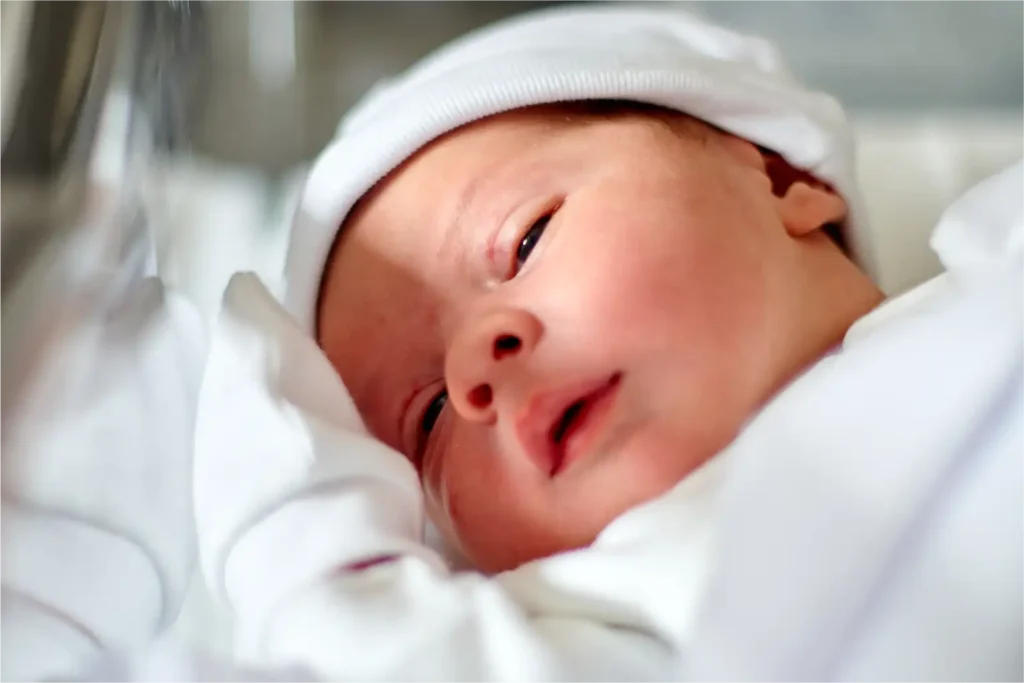
In a major milestone for global child health, Switzerland has approved Coartem Baby, the first malaria treatment specifically formulated for newborns and infants weighing as little as 2 kilograms. Developed by Novartis in partnership with Medicines for Malaria Venture (MMV), the new dissolvable and sweet-flavoured drug is designed to fill a critical treatment gap for the youngest and most vulnerable patients.
Swissmedic, the country’s medical authority, approved its fast-track process, making Coartem Baby only the third medicine ever approved through this pathway. The drug combines two well-established antimalarials in a dose adapted for babies under 5 kilograms, a group previously excluded from clinical trials and often given adjusted doses of medications meant for older children, posing risks of overdose and inefficacy.
Eight African countries—Burkina Faso, Côte d’Ivoire, Kenya, Malawi, Mozambique, Nigeria, Tanzania, and Uganda—participated in the regulatory assessment and are expected to greenlight the medicine within 90 days, Novartis confirmed. The treatment will be rolled out on a “largely not-for-profit basis” in malaria-endemic regions.
Also Read | Climate change accelerating malaria outbreak in Pakistan: WHO
“With over 30 million babies born each year in malaria-prone areas of Africa, the approval of Coartem Baby marks a transformative step forward in ensuring even the smallest patients can access safe and effective treatment,” said Novartis CEO Vas Narasimhan.
Experts hailed the development as overdue but essential. “This is a drug we know is safe and effective, just finally available in a formulation tailored to infants,” said Dr. Quique Bassat, director-general of ISGlobal in Barcelona.
Malaria remains the leading killer of children in Africa, with over 597,000 deaths globally in 2023, 95% of them in Africa, and more than three-quarters among children, according to the World Health Organization. While cases in infants under six months were previously thought to be lower, recent data from West Africa shows infection rates of up to 18.4% in this age group.








